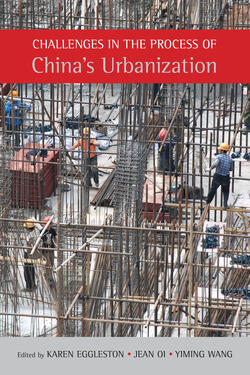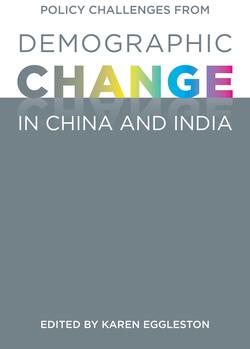The Ripple Effects of China’s College Expansion on American Universities
China’s unprecedented expansion of higher education in 1999 increased annual college enrollment from 1 million to 9.6 million by 2020. We trace the global ripple effects of that expansion by examining its impact on US graduate education and local economies surrounding college towns. Combining administrative data from China’s college admissions system and US visa data, we leverage the centralized quota system governing Chinese college admissions for identification and present three key findings.
First, the expansion of Chinese undergraduate education drove graduate student flows to the US: every additional 100 college graduates in China led to 3.6 Chinese graduate students in the US. Second, Chinese master’s students generated positive spillovers, driving the birth of new master’s programs and increasing the number of other international and American master’s students, particularly in STEM fields. And third, the influx of international students supported local economies around college towns, raising job creation rates outside the universities, as well. Our findings highlight how domestic education policy in one country can reshape the academic and economic landscape of another through student migration and its broader spillovers.















